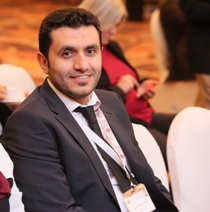When you’re stuck in quicksand, stop kicking
As the golden age of oil nears its end, incomes in the MENA region are destined to fall precipitously from their artificial petrodollar-boosted levels. Using the analogy of how to respond to being caught in quicksand, this column argues that the quick kicks of investment in big projects and misguided wars will drag the region down further. While structural reforms are slow and boring, they are also indispensable for economic progress.


